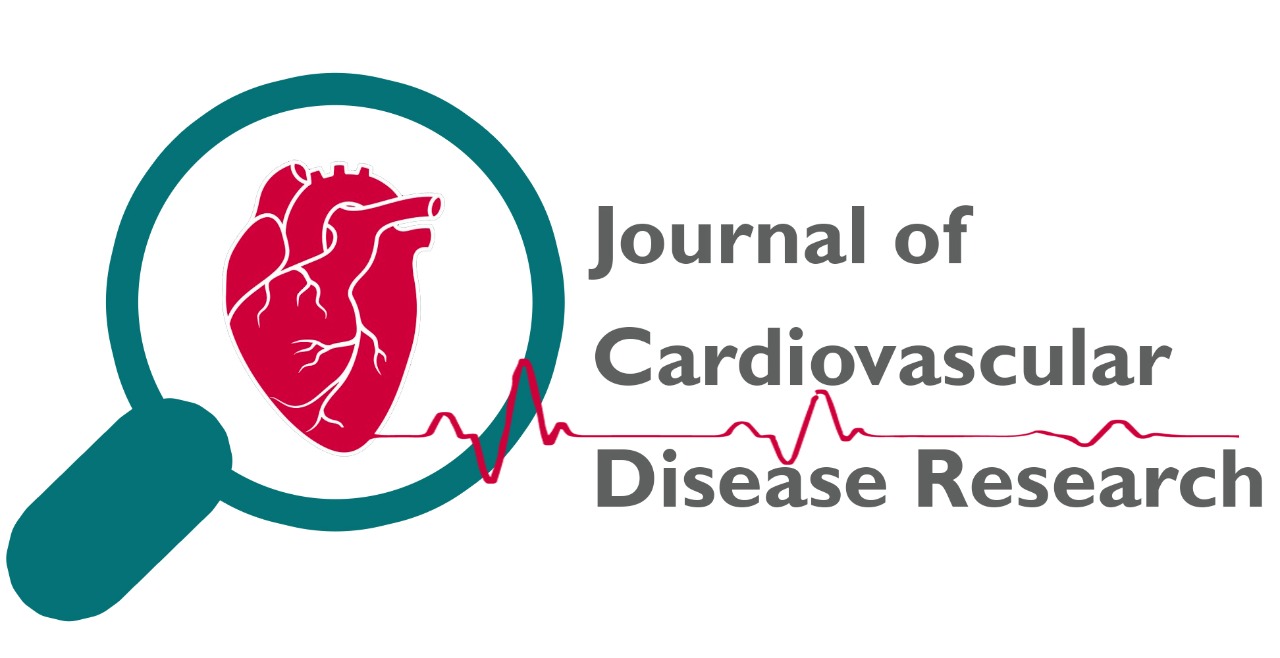
Study of C-Reactive Protein and Alkaline Phosphatase among Type 2 Diabetes Mellitus patients
Dr Manish Kumar Misra Dr Archana Singh Dr Anjali Verma Dr Randip Mukherjee Dr Rina Sharma
JCDR. 2023: 684-692
Abstract
Diabetes Mellitus is a metabolic disorder and associated with number of disorders including bone, kidney, liver, nerves, had and blood vessels dysfunction. C- reactive protein (CRP) is a sensitive physiological biomarker of subclinical inflammation associated with hyperglycemia. The objective of the present study was to establish the relationship between CRP with blood sugar and Alkaline Phosphatase (ALP) in serum of Diabetes Mellitus (DM2). Materials and methods: This study was a hospital based cross sectional study conducted in the Department of Biochemistry at Tertiary Care Teaching Hospital over a period of 1 year. A cross sectional study consists of 180 subjects out of them 90 normal healthy subjects control Group (Group I) and 90 patients with type 2 DM with poor glycemic control were selected. Subjects were recruited according to simple random sampling method meeting the selection criteria. Group I – Control group (n=90): This group consisted of age and sex matched healthy subjects. They were taken from general population who came for routine checkup. Group II – Type 2 DM patients with poor glycemic control (n=90) this group consisted of patients with type 2 DM with duration more than 5 years, HbA1c Level >7%. Results: Characteristics like age, sex, were not differing between groups. We found increased serum alanine transaminase (ALT) and aspartate transaminase (AST) concentration in group II compared to group I. But serum alkaline phosphatase (ALP) concentration is significantly increased between groups (p value is <0.001 is considered significant). In our study shows that in group I Mean serum ALP (144.13±18.52) and hsCRP (1.35±0.20) when compared to group II serum ALP (147.23±25.95) and hsCRP (4.55±0.79). Conclusion: The present study suggests that serum ALP and hsCRP concentration is significantly increased in type 2 diabetes mellitus. Both are further increased in diabetic patients with complications and poor glycemic control. There is a significant positive correlation between serum ALP activity and hsCRP. Serum ALP level and hsCRP concentration was independently and positively correlated with FBS, PP2BS and HbA1c (markers of glycemic control). All these finding suggesting a link between CVD, inflammation and glycemic control in patient with type 2 diabetes mellitus.
Description
Volume & Issue
Volume 14 Issue 2
Keywords
|
This is an open access journal which means that all content is freely available without charge to the user or his/her institution. Users are allowed to read, download, copy, distribute, print, search, or link to the full texts of the articles in this journal without asking prior permission from the publisher or the author. This is in accordance with the Budapest Open Access Initiative (BOAI) definition of open access.
The articles in Journal of Cardiovascular Disease Research are open access articles licensed under the terms of the Creative Commons Attribution Non-Commercial License (http://creativecommons.org/licenses/by-nc-sa/3.0/) which permits unrestricted, non-commercial use, distribution and reproduction in any medium, provided the work is properly cited. |
|
|
|
|
|
Copyright � 2022 Journal of Cardiovascular Disease Research All Rights Reserved. Subject to change without notice from or liability to Journal of Cardiovascular Disease Research.
For best results, please use Internet Explorer or Google Chrome POLICIES & JOURNAL LINKS
Author Login
Reviewer Login About Publisher Advertising Policy Author's Rights and Obligations Conflict of Interest Policy Copyright Information Digital Archiving & Preservation Policies Editorial Policies Peer Review Policy Editorial & Peer Review Process License Information Plagiarism Policy Privacy Policy Protection of Research Participants (Statement On Human And Animal Rights) Publication Ethics and Publication Malpractice Statement Corrections, Retractions & Expressions of Concern Self-Archiving Policies Statement of Informed Consent Terms of Use |
Contact InformationJournal of cardiovascular Disease Research,
|




